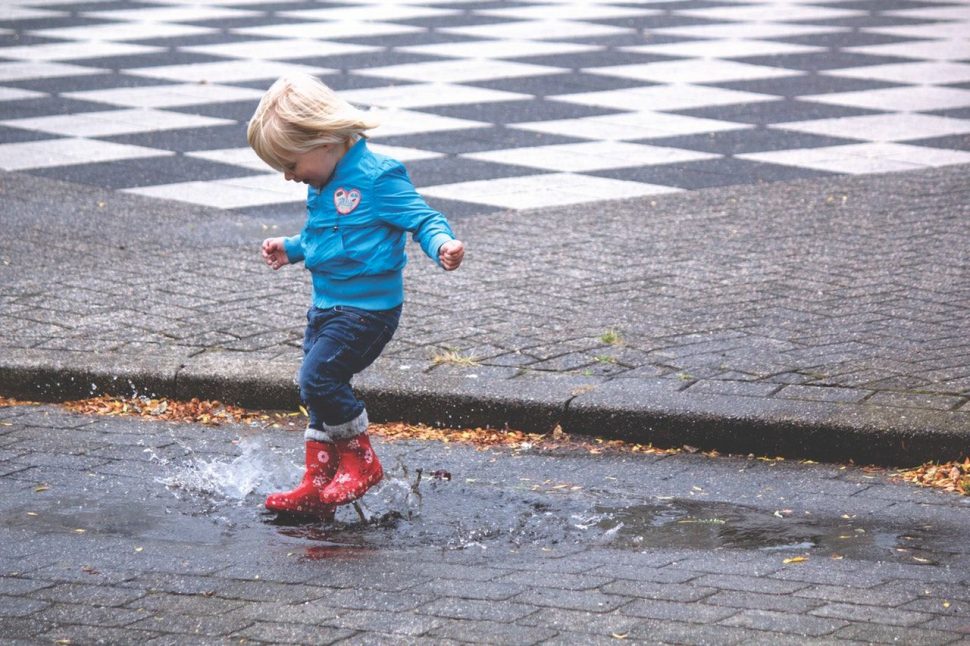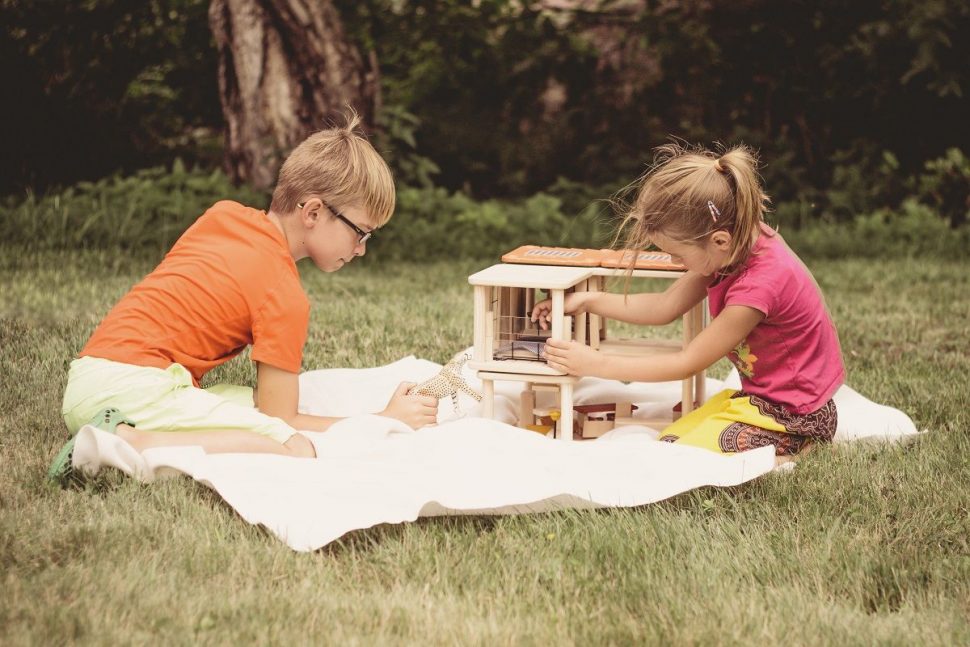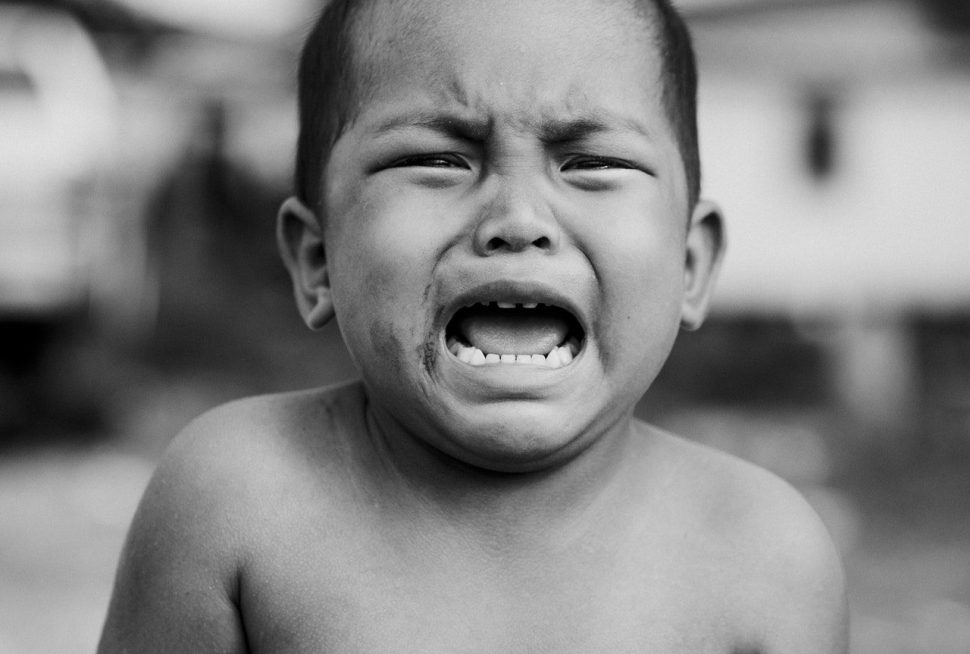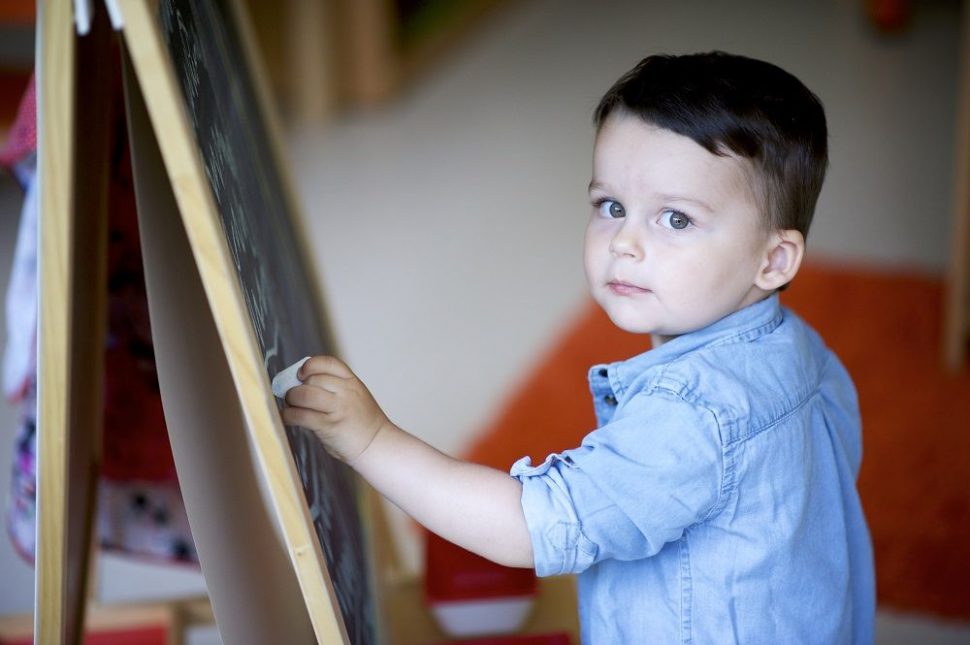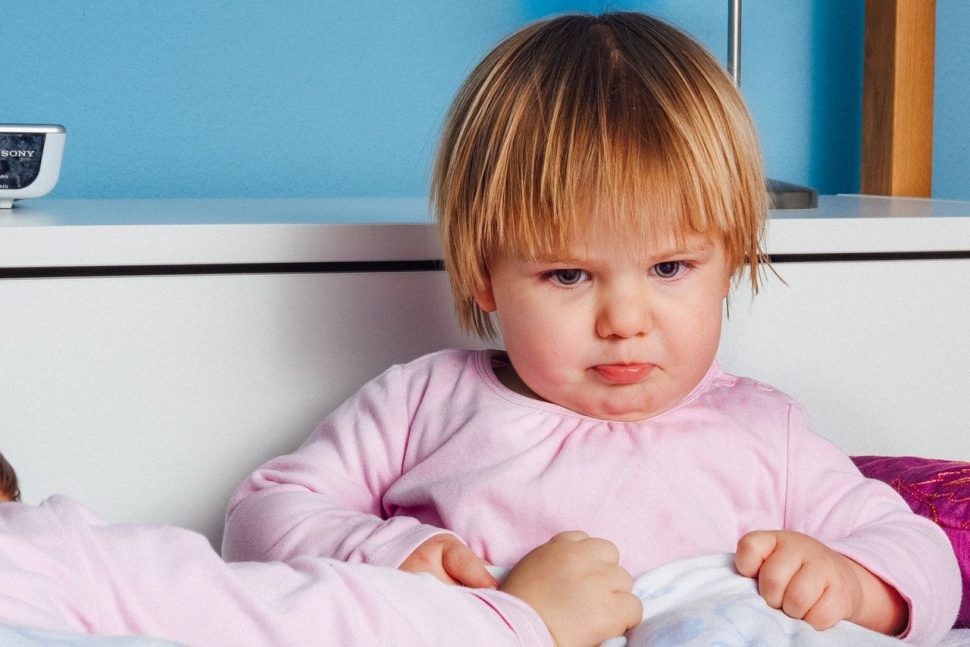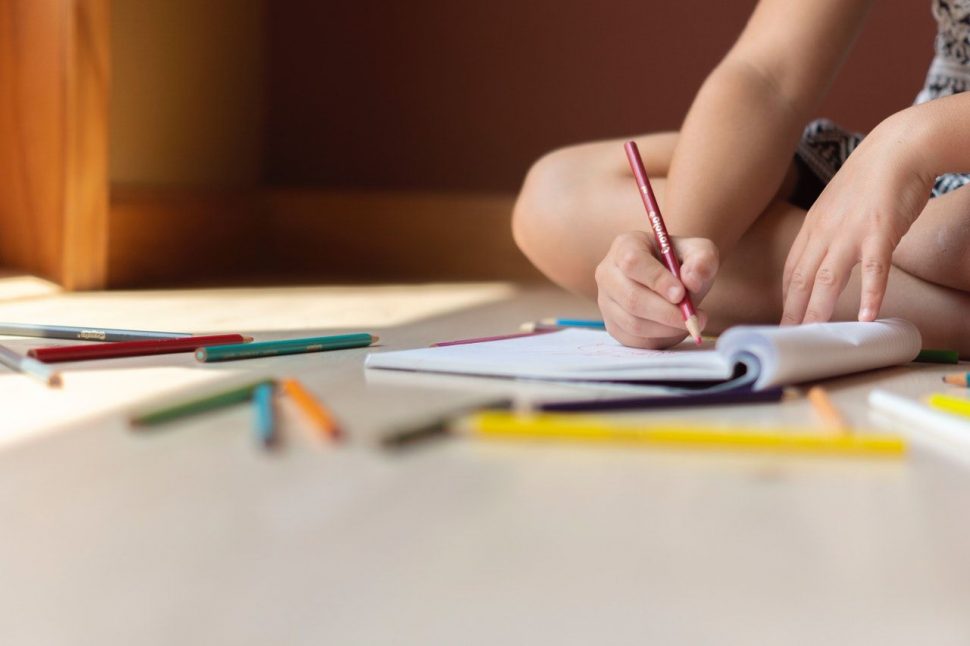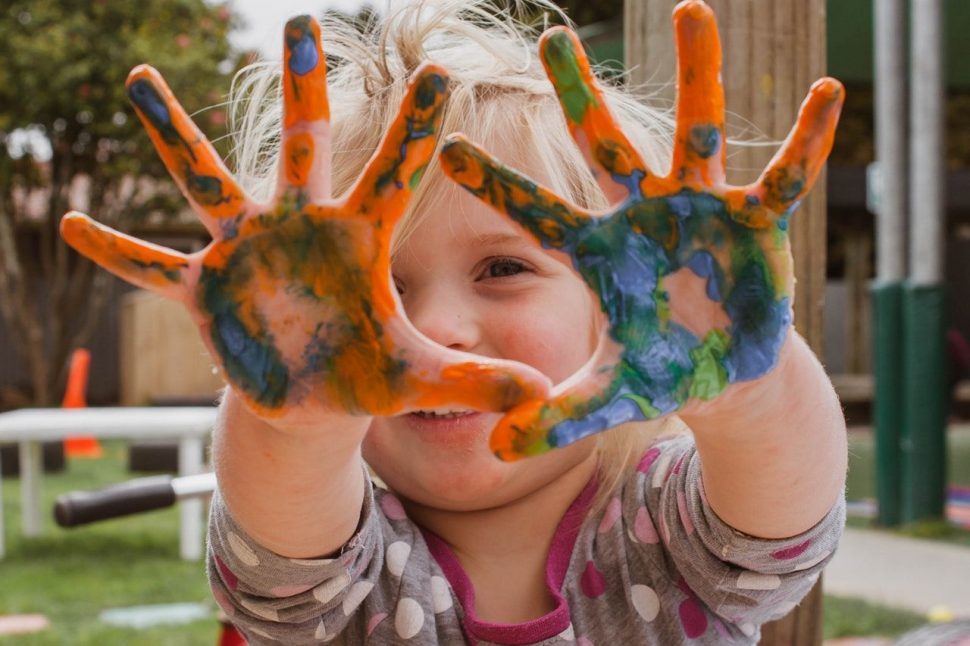“Children should be seen, not heard” is a proverb dating more than five centuries ago, yet it is an attitude many of us still subscribe to today. What to do with the child who, in their need to be heard, is willing to shout and fight?
Read more
This week, we take a break from the Communication Series to consider some of the most wonderful educational materials that Mother Nature provides our children.
Read more
How to best encourage a loving and harmonious relationship between siblings is one of the most pressing questions for many parents of multiples.
Read more
Screaming, stomping, angry tears and tantrums – no parent’s favourite thing, but a part of raising a child, nonetheless. What Montessori lessons can we apply to managing tumultuous emotions in a child?
Read more
“You’re such a good boy!” “Here’s a gold star for you.” “What fantastic job!” A child won’t hear any of these in a Montessori classroom. Should they hear praise like this at home?
Read more
The story of humanity is a story of compromise and cooperation: each of us adjusting our behaviour in order to live in harmony. We learn to do so, first and foremost, in childhood, from our parents.
Read more
The vast majority of urgent questions we receive – often from desperate, at-wits’-end parents – are all to do with communication with the child. How do we make ourselves understood? And how do we understand what the child is, with equal urgency, trying to tell us?
Read more
After discussing children’s art and its importance at length, as well as the character of graphomotor development , it’s time to offer some concrete and hand-on tips for art activities and exercises.
Read more
The physical act of writing – using pens and paper to create marks that relay words, concepts and messages – is a uniquely human and tremendously complex activity. Increasingly, it is also one that modern children struggle with. Can Montessori help?
Read more
Art and artistic expression are, in Montessori, considered to be one of the fundamental human tendencies. More so, we also know that it forms a crucial aspect of children’s mental development. How do we understand, interpret and support this important activity?
Read more 
